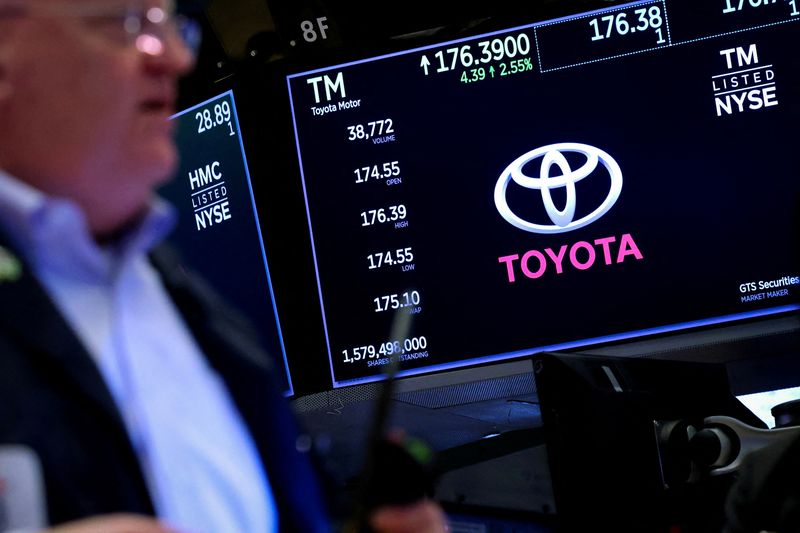Toyota May Announce U.S.-Made Vehicle Imports to Japan Amid Trump Visit
Toyota Motor Corporation may next week announce plans to import U.S.-made vehicles into Japan during U.S. President Donald Trump’s upcoming visit, according to public broadcaster NHK. The move would align with Japan’s efforts to address its U.S. trade deficit and streamline vehicle regulations, potentially allowing U.S.-made cars to be sold in Japan without additional testing. Toyota’s chairman, Akio Toyoda, is expected to join a meeting with Trump and senior Japanese business leaders. The company has not yet issued an official statement and emphasised no final decision has been made.
If realised, the plan could mark a shift in automotive-trade dynamics between Japan and the U.S., potentially easing regulatory barriers and encouraging bilateral manufacturing integration. For U.S. auto producers, improved access to the Japanese market would open new export opportunities. For Toyota, it could signal a strategic pivot to deeper U.S. production and greater global flexibility. Industry analysts say the announcement could influence how other automakers allocate production and adapt to trade-policy shifts. Potential regulatory changes may also ripple across Asia-Pacific auto production networks.
The timing of the announcement, coinciding with President Trump’s visit to Japan, underscores the politics behind trade and manufacturing decisions. Japan’s government is considering regulatory revisions to accelerate approval for U.S.-made vehicles, reflecting broader efforts to strengthen U.S.–Japan economic cooperation. Auto-industry watchers expect that Toyota may position the plan as part of a broader narrative of global supply-chain resilience and regional strategic partnerships. Market reaction could hinge on clarity around vehicle volumes, cost implications and approval timelines.
For Toyota’s global competitors and suppliers, the development may spark reassessment of plant utilisation, logistics networks and regional sourcing. Automotive parts suppliers with U.S. and Japanese operations may adjust forecasts and capital spending depending on how access and exports change. The development may also incentivise more Japan-U.S. joint manufacturing ventures or expansions of U.S.-based production for global-market supply. If widely adopted, it could reshape vehicle-flow patterns, cost structures and localisation strategies across the industry.
In summary, Toyota’s potential move to import U.S.-made vehicles into Japan ahead of President Trump’s visit underscores the interlink of trade policy, manufacturing strategy and global auto-networks. It’s a notable signal of how automotive leaders are responding to shifting geopolitical and regulatory dynamics. If confirmed, the change could have lasting effects on production footprints, market access and trade flows in one of the world’s largest auto markets.
Source: Reuters.
news via inbox
Get the latest updates delivered straight to your inbox. Subscribe now!




